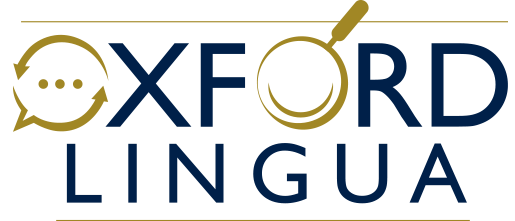
Bilingualism, the ability to speak two languages fluently, has many advantages: a bilingual person can often understand contexts and meaning between two very different cultures, and this knowledge helps them effectively communicate across those cultures. However, does possessing the ability to understand two cultures and transfer meaning from one language to another provide you with all you need to become a professional translator? To answer this question, one must consider the underlying skills that translators hone throughout their careers.
Translation Techniques
Proficient translation is supported by a complex set of skills and advanced abilities that go beyond comprehending texts in the source and target languages. Translators need to make informed decisions on which terms to use, for instance, since communication is comprised of words and phrases which only make sense when assembled coherently and logically, with certain contexts considered when transferring missives into the target language. Translators are responsible for recognising the linguistic discrepancies between two languages to decide which words to omit and which to add, to ensure the delivery of meaning intended in the source text. One example of such a case is translating figures of speech: a proficient translator knows that literal translation would be counterproductive. Rather, they would try to find a suitable equivalent to the meaning rather than simple word-by-word translation.
Research Skills and Translation
To become knowledgeable enough to effectively translate any text, understanding of specific terminology and of the context around the text’s subject matter is essential. Many professional translators study the work of previous translations in the field, and they often supplement their knowledge with research materials to help them better understand the focus topic. Extensive reading and advanced research skills will help a translator to check facts and demonstrate knowledge to support their writing. Translators are skilled writers, who can manage texts competently and present a reader-friendly product. In other words, knowledge of at least two language’s linguistic structures, rules, semantics, and pragmatics allow them to produce coherent and cogent pieces of writing.
The assumption, therefore, that any bilingual speaker can be a translation writer is a fallacy. Knowledge of languages does not equate to the professional skills in a translator’s arsenal. A translator’s role is multifaceted, and requires writing skills, linguistic abilities, intuitive knowledge, and research skills.

